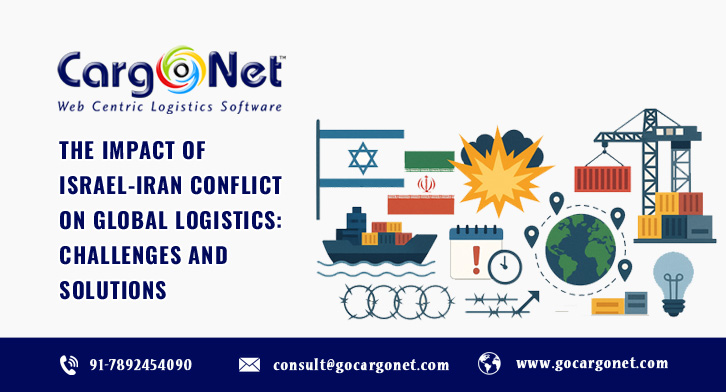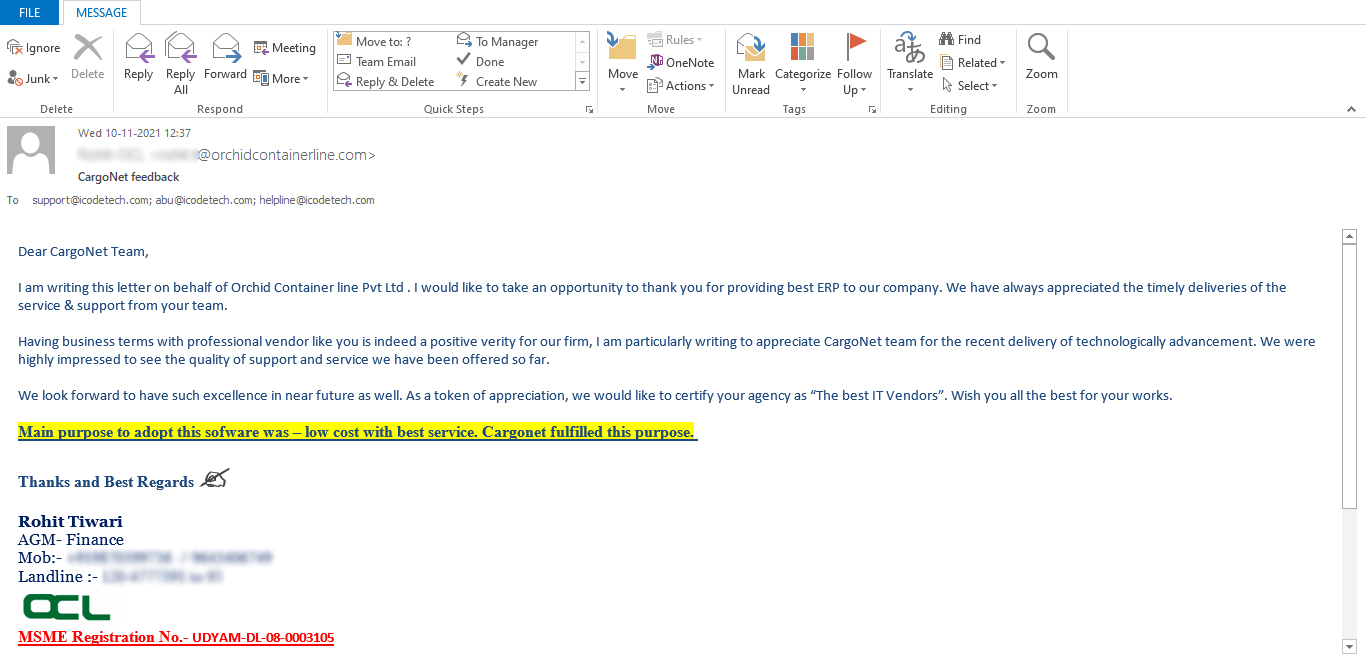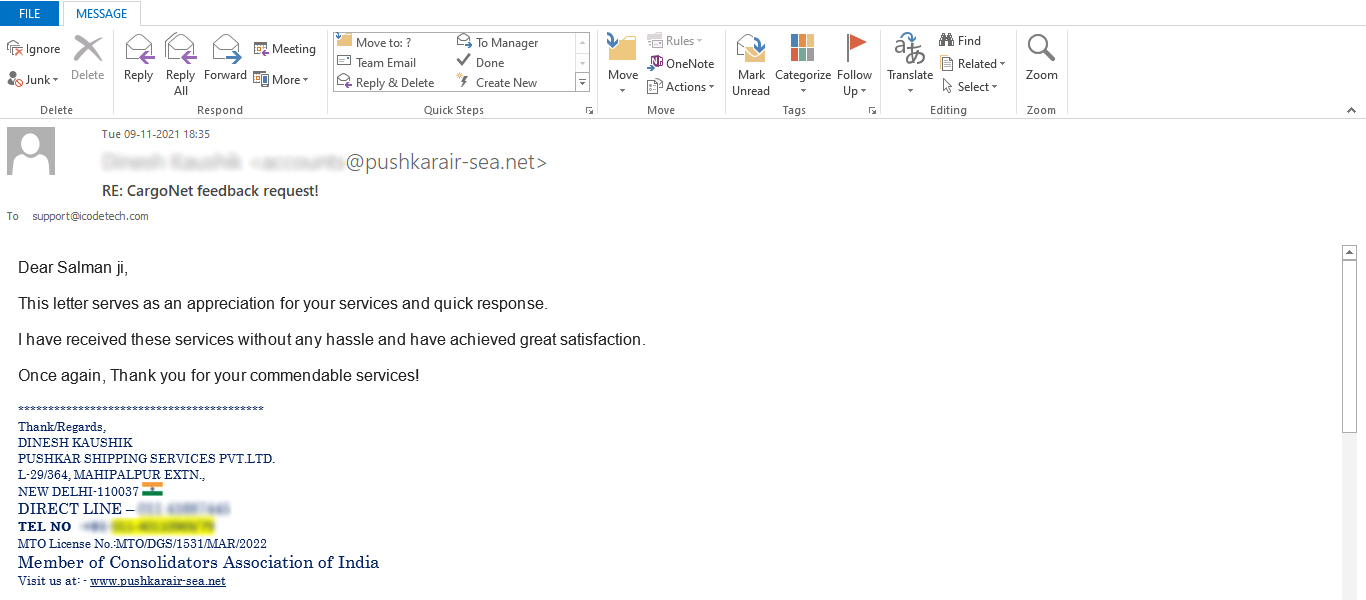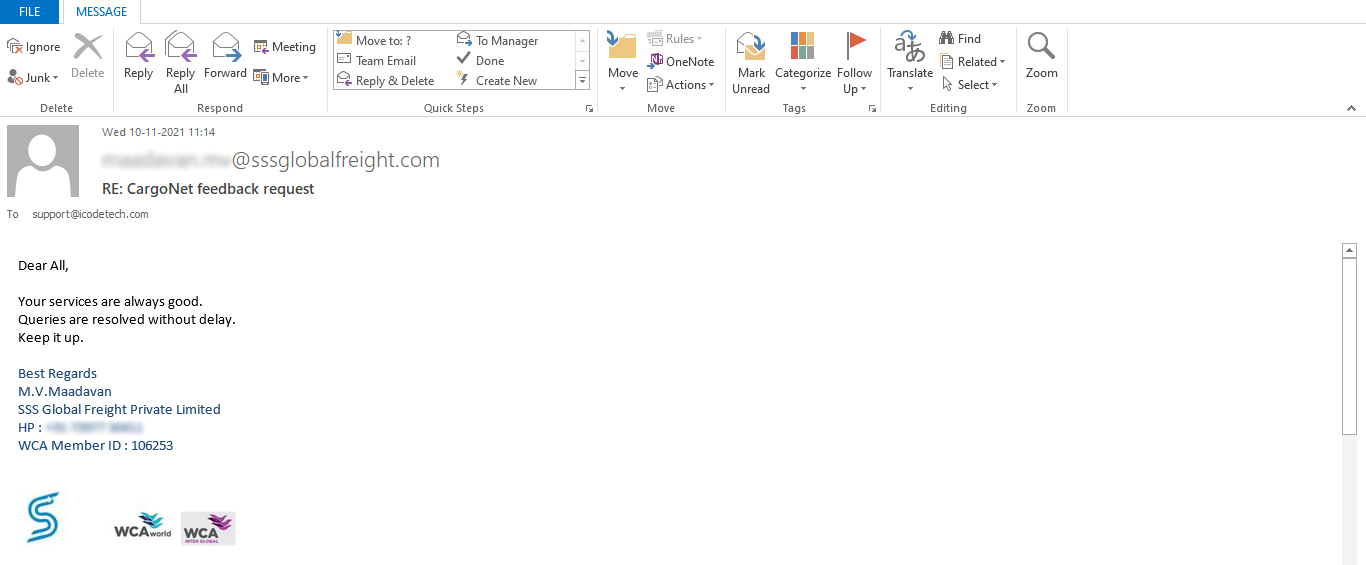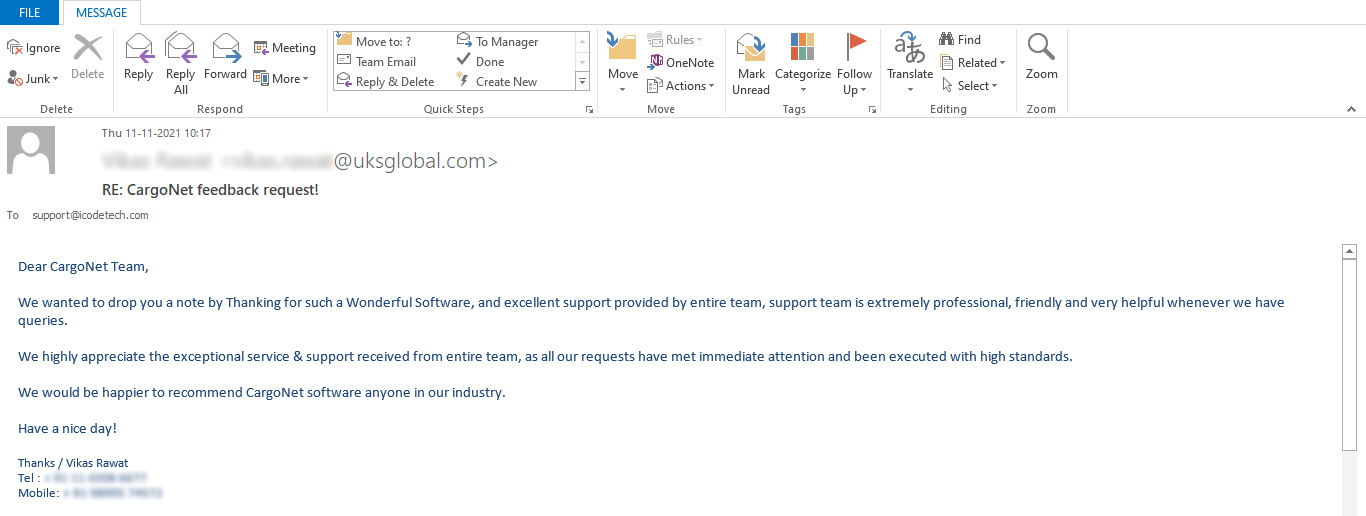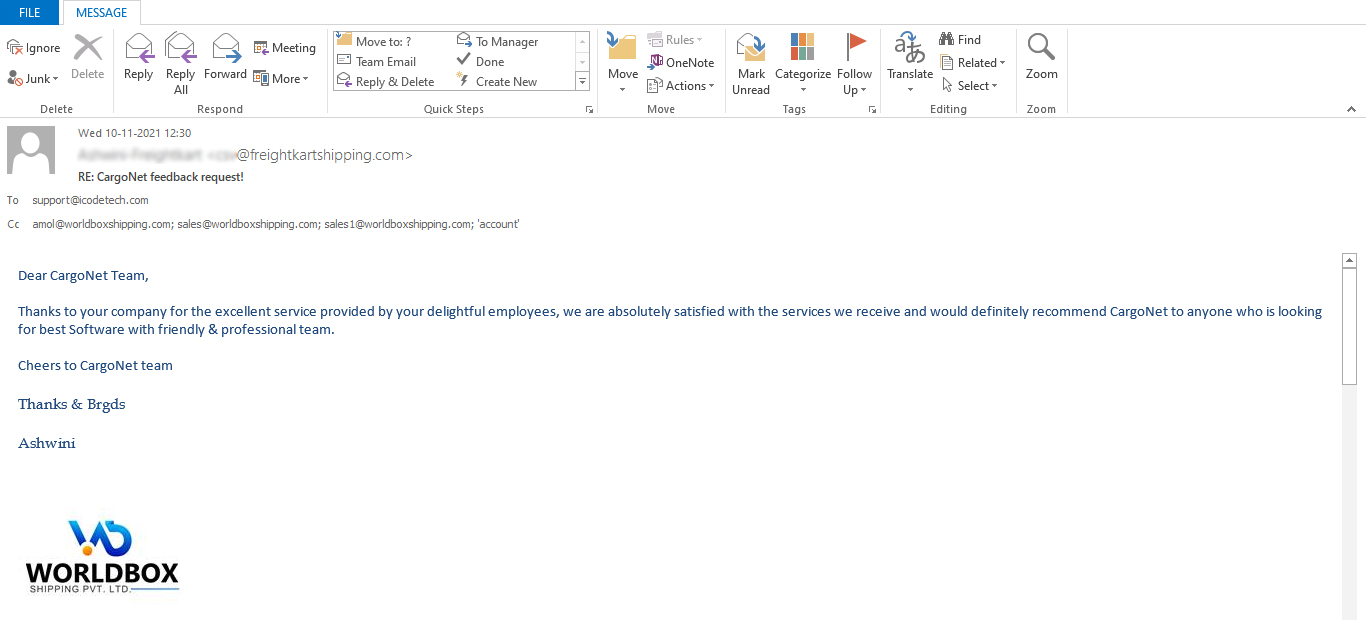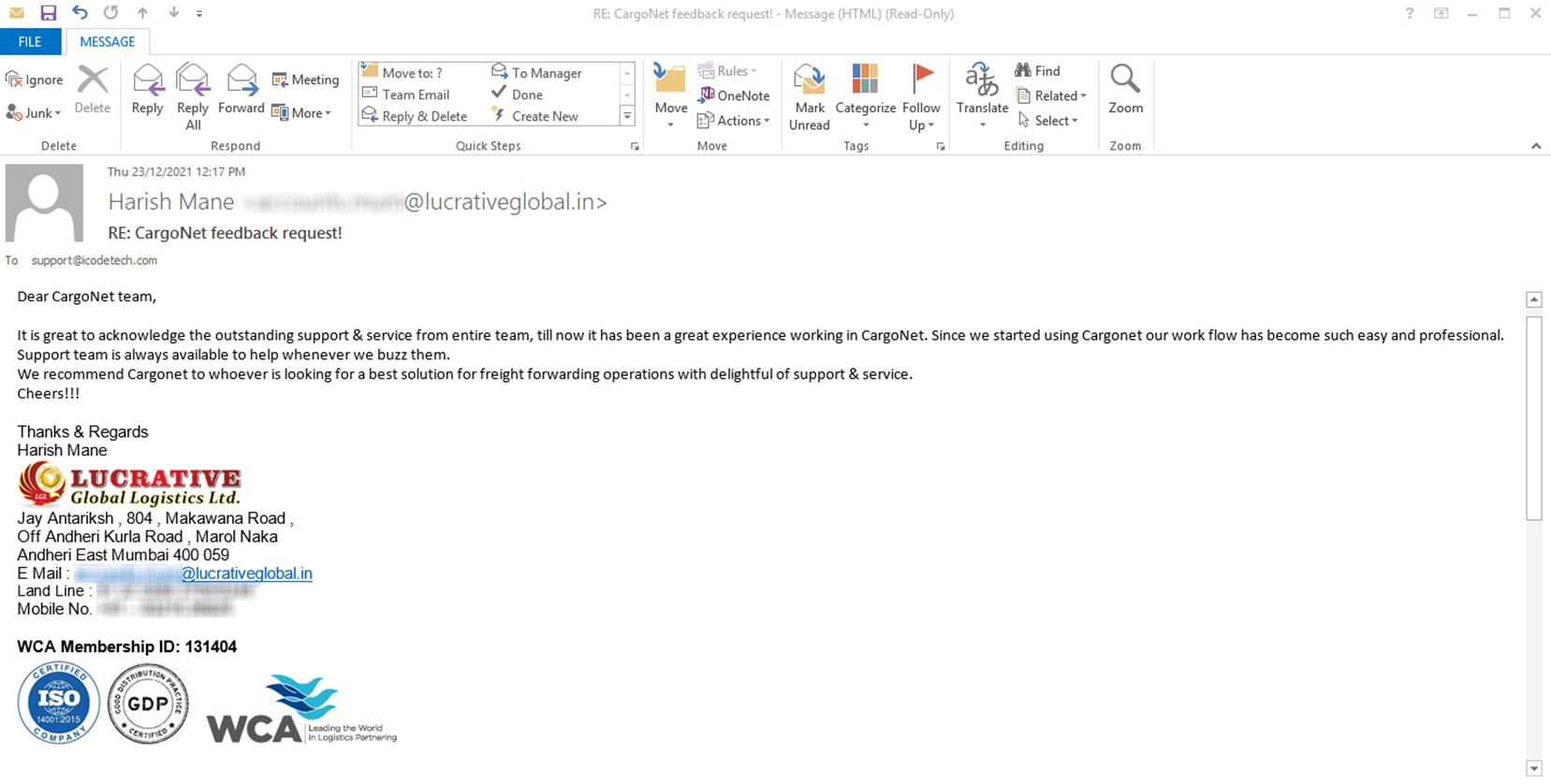The conflict between Israel and Iran could have severe consequences for global logistics. The Middle East is a crucial hub for international trade. Any disruption in this region could ripple through the supply chains that power the global economy. In this article, we’ll explore the challenges an Israel-Iran conflict could pose to logistics. We will also look at how technology can help businesses stay resilient during such crises.
1. Disruption of Major Trade Routes
The Middle East holds some of the world’s most important trade routes, including the Strait of Hormuz and the Suez Canal. These routes are critical for oil and global commerce.
- Blockages and Shutdowns: In the event of a conflict, Iran might block the Strait of Hormuz, stopping oil and goods shipments. Similarly, the Suez Canal could face closures, making it unsafe for ships.
- Longer Routes: If these routes close, ships will need to take longer detours, such as around Africa. This adds significant time and cost to shipping.
2. Rising Fuel Costs
The Middle East is a key oil supplier. Any disruption would lead to higher fuel prices, directly impacting transportation costs.
- Fuel Surcharges: Logistics companies may introduce surcharges to offset higher fuel prices. This would raise the cost of shipping for businesses.
- Cost Inflation: Rising oil prices would also affect multiple industries. Higher fuel costs mean more expensive goods, increasing prices across the supply chain.
3. Supply Chain Delays and Uncertainty
A war between Israel and Iran could cause long delays in global supply chains. Many companies rely on Middle Eastern ports and trade routes for goods.
- Inventory Shortages: Companies that use just-in-time inventory systems may struggle to source products on time. This could cause production slowdowns.
- Global Delays: When one part of the supply chain is delayed, the effects are felt across the globe. This could slow down production and delivery schedules everywhere.
4. Heightened Geopolitical Risks
A conflict would heighten risks for businesses operating in the region. Ships and planes passing through conflict zones could be at risk.
- Higher Insurance Premiums: Shipping companies may face increased insurance costs for navigating risky waters. This would raise the price of transporting goods.
- Security Risks: Logistics providers might need to invest more in security, adding extra complexity to their operations.
5. Impact on Air Freight
Airlines could also be affected by the conflict. Restricted airspace and no-fly zones would force airlines to reroute flights.
- Longer Routes: Airlines would need to take longer, more expensive flight paths. This would increase fuel consumption and delivery times for air freight.
6. Economic Instability and Demand Shifts
The conflict could cause economic instability, affecting markets around the world. Businesses may face unpredictable shifts in demand due to rising prices.
- Fluctuating Demand: As goods become more expensive, demand for certain products may decrease. Companies might need to adjust production or sourcing strategies in response to these shifts.
7. Strained Shipping Capacity
With vessels rerouted to avoid conflict zones, global shipping lanes would become congested. Ports in Europe, Asia, and Africa could struggle to handle the extra volume.
- Port Congestion: Major ports may experience bottlenecks as rerouted ships increase traffic. This could lead to delays in processing shipments, causing further disruptions.
8. Technology-Driven Solutions for Resilience
To overcome these challenges, logistics companies must rely on technology. CargoNet provides solutions to help businesses optimize their operations during crises.
- Real-Time Visibility: CargoNet offers real-time tracking of shipments. This allows managers to stay informed and make adjustments quickly to avoid delays.
- AI-Driven Route Optimization: CargoNet uses AI to suggest alternate routes when disruptions occur. This minimizes delays and keeps costs down.
- Freight Cost Management: With fluctuating fuel prices, CargoNet helps companies choose the most cost-effective shipping options, even during crises.
Conclusion
An Israel-Iran conflict could create major challenges for global logistics. From rising fuel costs to supply chain delays, the impact would be felt across industries. However, by using technology like CargoNet, logistics companies can stay resilient. Real-time tracking, AI-driven route optimization, and cost management tools will help businesses adapt and minimize disruption.


